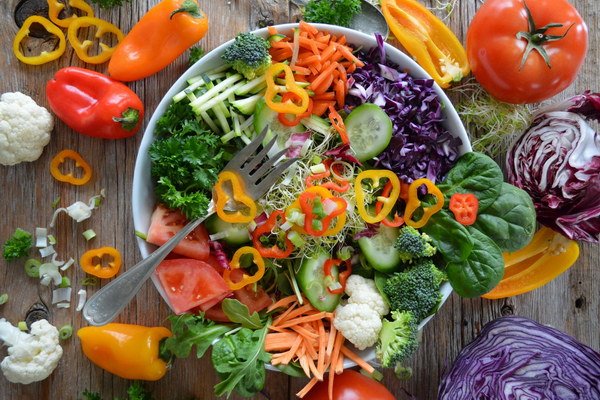Is Sharing Health and Wellness Knowledge Illegal
In today's digital age, where information is readily accessible at our fingertips, sharing health and wellness knowledge has become increasingly common. However, with the vast amount of misinformation out there, many people are left wondering: Is it illegal to share health and wellness knowledge? In this article, we will explore the legal implications of sharing health-related information and provide guidance on how to do so responsibly.
First and foremost, it's important to understand that sharing health and wellness knowledge is not inherently illegal. In fact, it can be a valuable service to those seeking reliable information to improve their well-being. However, as with any topic, there are certain boundaries that must be respected to avoid legal repercussions.

One of the primary concerns when sharing health and wellness knowledge is the potential for misinformation. Misinformation can lead to individuals making harmful decisions about their health, which may result in legal consequences for the person sharing the information. To avoid this, it is crucial to ensure that the information you share is accurate and comes from a reputable source.
Here are some key points to consider when sharing health and wellness knowledge:
1. Verify the source: Always ensure that the information you are sharing comes from a reliable source. This may include scientific studies, reputable health organizations, or professional health experts. Avoid sharing information from unverified websites or social media posts.
2. Understand the limitations: Be aware of the limitations of the information you are sharing. For example, while certain supplements may have health benefits, they should not be considered a substitute for professional medical advice.
3. Encourage consultation with a healthcare provider: While sharing health and wellness knowledge can be beneficial, it is crucial to emphasize the importance of consulting with a healthcare provider for personalized advice. This ensures that individuals receive the best possible care tailored to their specific needs.
4. Be cautious with claims: Avoid making unfounded claims about the effectiveness of certain treatments or interventions. Instead, focus on sharing evidence-based information and allow individuals to make informed decisions based on that information.
5. Respect privacy and confidentiality: When sharing health and wellness knowledge, be mindful of the privacy and confidentiality of individuals. Avoid sharing personal health information without consent.
While sharing health and wellness knowledge is not illegal, there are certain scenarios where it may become problematic:
1. Unauthorized practice of medicine: If you are not a licensed healthcare provider, it is illegal to diagnose, treat, or prescribe medications for individuals. Sharing detailed medical advice or treatment plans can cross this line.
2. False advertising: Advertising health and wellness products or services with false claims can lead to legal consequences. Always ensure that any claims made are backed by scientific evidence and not misleading.
3. Intellectual property infringement: Be cautious when sharing information that may be protected by intellectual property laws. This includes copyrighted materials, trademarks, or patented technologies.
In conclusion, sharing health and wellness knowledge is not illegal, but it is essential to approach it responsibly. By verifying the source, understanding limitations, and respecting privacy, you can contribute to a healthier community without running afoul of the law. Always encourage individuals to consult with healthcare providers for personalized advice and remember that responsible sharing of health-related information can have a positive impact on the lives of others.









